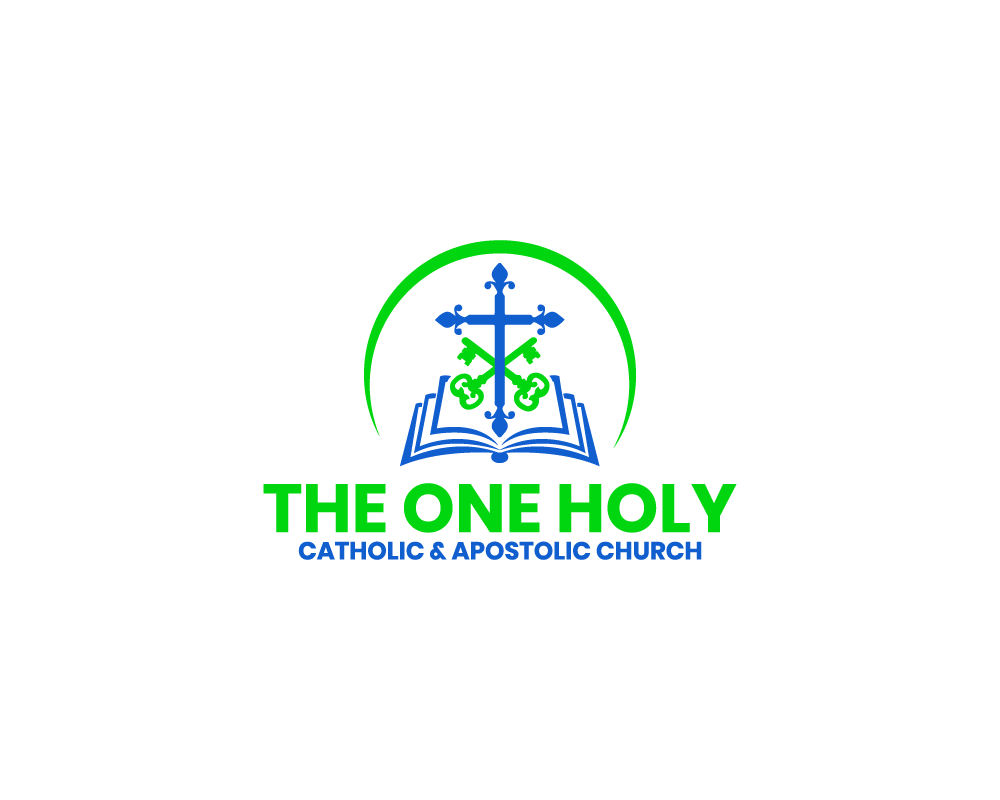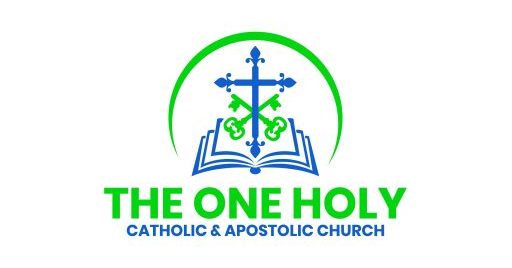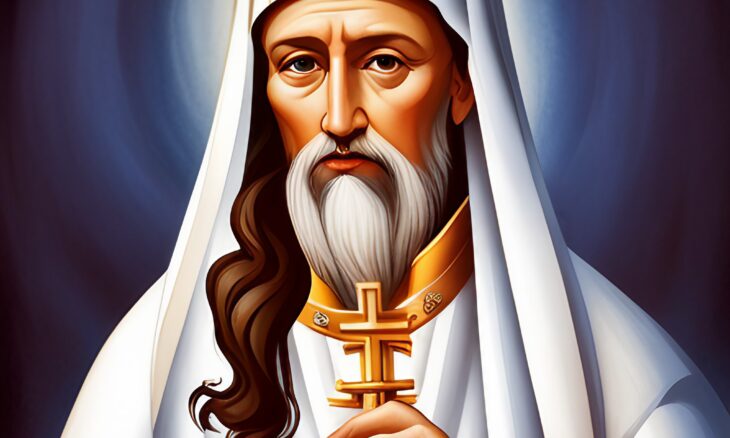The Orthodox Church: A Living Tradition of Faith and Worship
Continuity with Apostolic Teachings
The Orthodox Church maintains a profound sense of continuity with the teachings and practices of the early apostolic Church. It adheres to the decisions made in the first seven ecumenical councils, ensuring a faithful and consistent expression of its beliefs.
Scripture and Tradition as Guiding Principles
In expressing its faith and worship, the Orthodox Church seeks consistency with both Scripture and tradition. While rooted in these foundations, the Church also values the living experience of truth found in the communion of saints, with the Mother of God, or Theotokos, holding a special place of honor.
Honoring the Saints
The Orthodox Church venerates the saints as witnesses to the fullness of the Christian experience. During baptism, the faithful are often given the name of a saint, celebrating their feast day instead of a birthday. In some cultures, entire families honor a specific saint as their patron, passing down this tradition through generations.
The Holy Trinity and Salvation
The Foundation of Theology and Spirituality
The doctrine of the Holy Trinity, which teaches about God as three distinct persons, forms the basis for all Orthodox theology and spirituality. This understanding emphasizes the personal and communal aspects of salvation, highlighting fellowship and sharing as integral components.
The Mystery of the Trinity and Incarnation
The mystery of the Trinity is revealed through the supreme act of divine love in the Incarnation of the Word of God. Through His embrace of humanity, salvation and deification by grace become possible for all. This act also reconciles and sanctifies creation, calling it to transfiguration.
Participation in the Body of Christ
The Precious Body of Christ
Orthodox believers consider themselves members of the precious Body of Christ. The ultimate goal of the Christian life is to participate in the deified humanity of Jesus Christ. This salvation through participation is realized in the sacramental life of the Church, facilitated by the Holy Spirit.
Worship as Theology in Action
The Orthodox Church experiences and expresses its theology through worship. This liturgical dimension has sustained the Church during times of turmoil, providing solace and education to the faithful. Icons, sacred images that reflect beauty and glory, are an integral part of Orthodox worship, affirming the doctrine of divine Incarnation and educating believers in matters of faith.
Embracing Mystery and Transcendence
Apophatic Theology: Embracing the Mystery of God
Orthodox theology places importance on apophatic (negative) theology, emphasizing the mystery and transcendence of God while also affirming His presence and immanence. This approach discourages definitive definitions or pontifications on ethical matters, recognizing that truth can never be fully objectified or exhausted.
The Uniqueness and Mystery of Every Human Person
Orthodox theology acknowledges that each human person is uniquely created in the image of God, forever remaining a mystery that cannot be reduced or fully comprehended. This profound understanding fosters a deep reverence for the inherent dignity and value of every individual.



